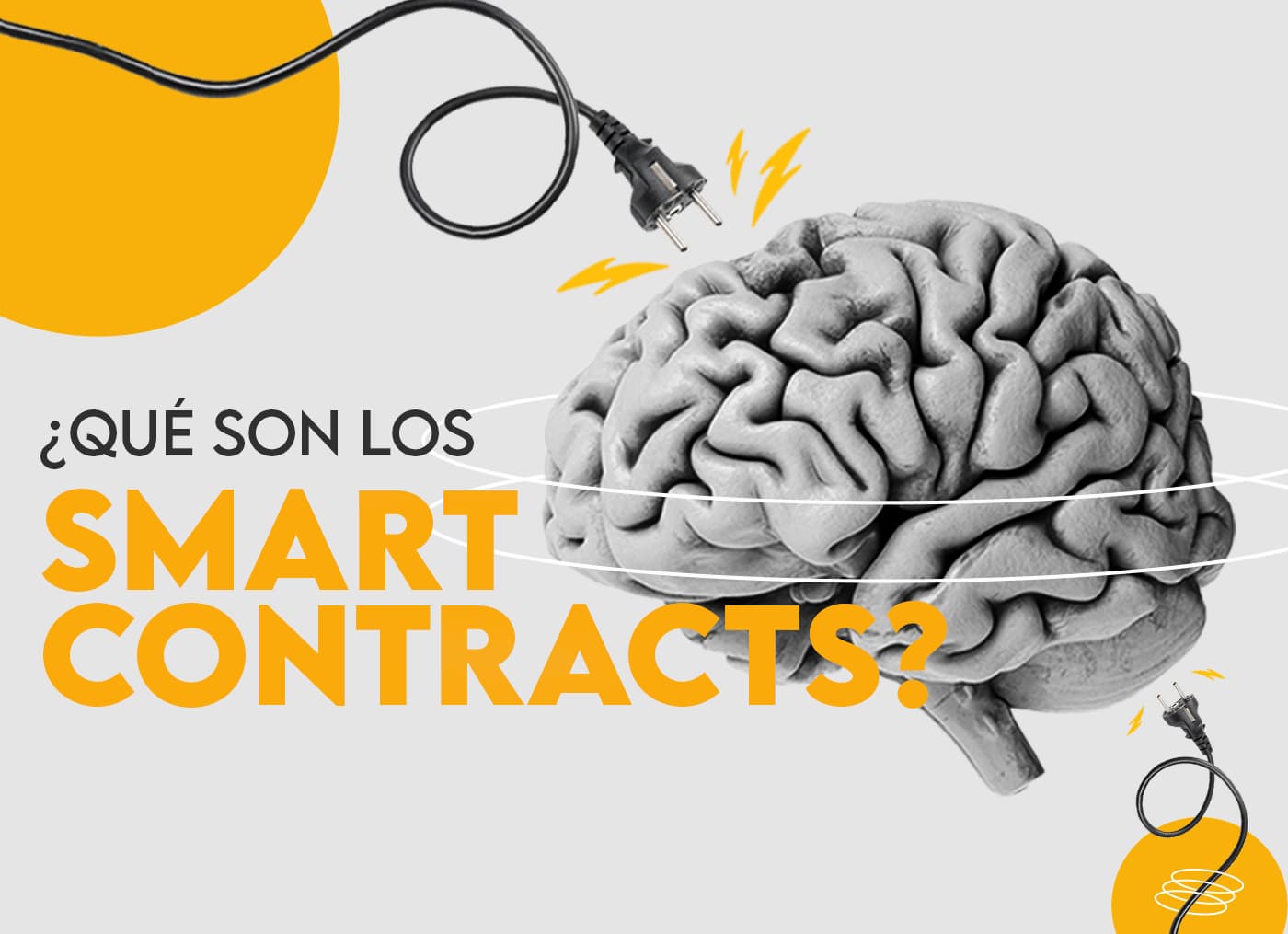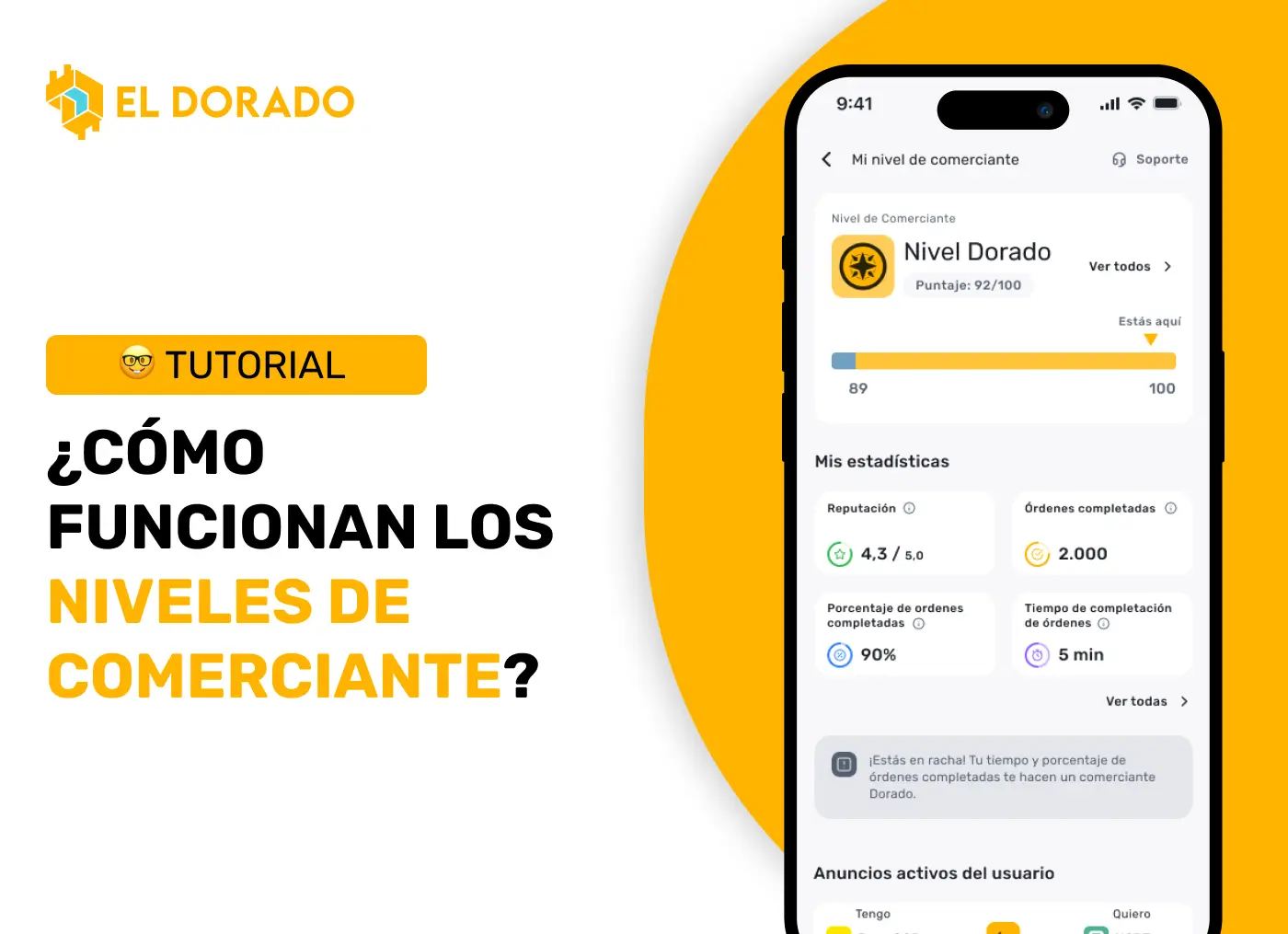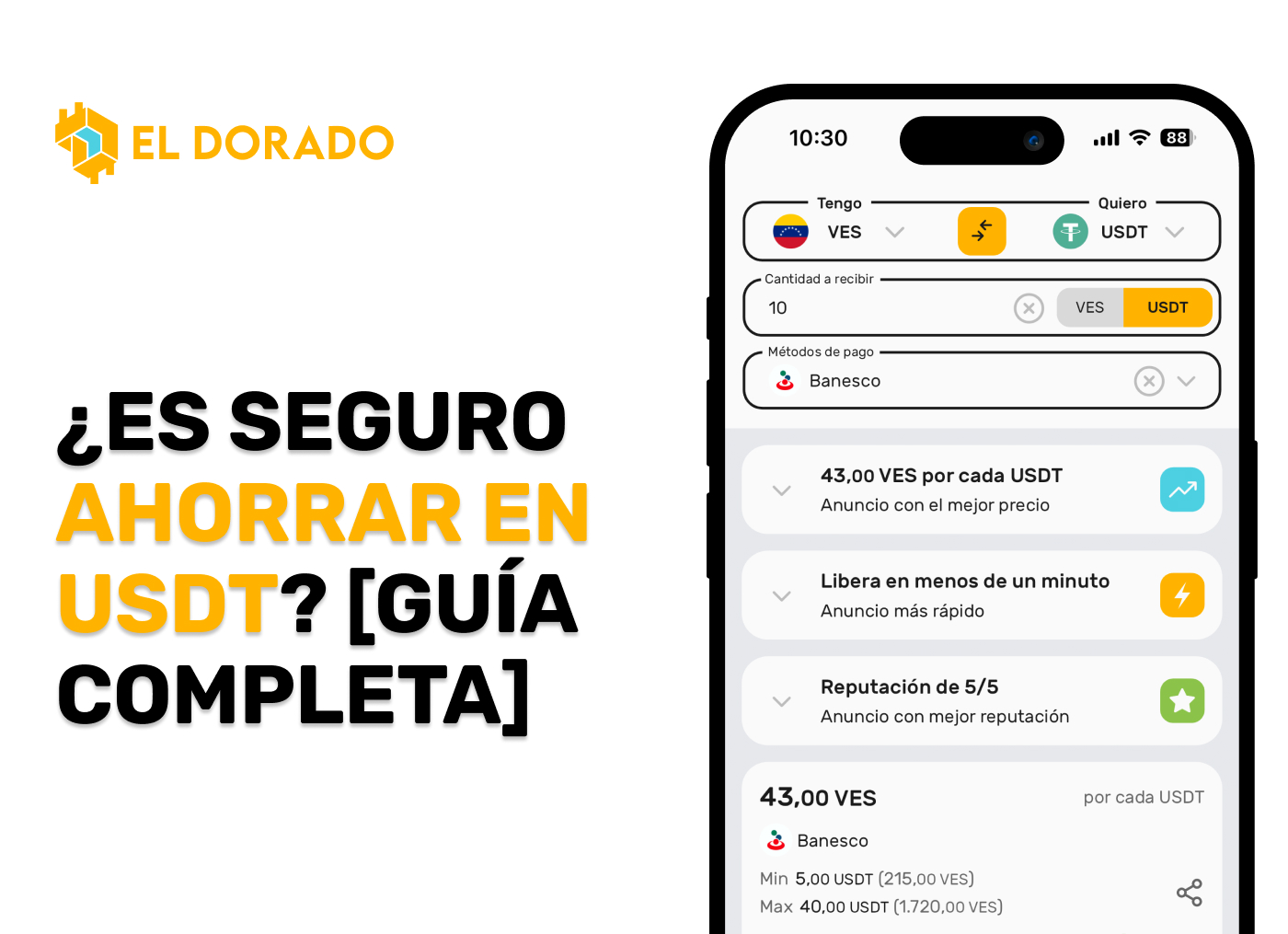Smart contracts are code that executes exactly as intended when both parties to a contract have valid access to it. The idea is that smart contracts reduce the need for third parties or intermediaries, making transactions more secure and reducing costs. Smart contracts are self-executing contractual clauses that facilitate, verify or enforce the negotiation of a contract using the blockchain. In this new edition of our blog, we will explain everything you need to know about smart contracts so that you understand them once and for all.
Let's define a smart contract
A smart contract is a computer code that can facilitate or enforce the negotiation of a contract between two or more parties. It also has the ability to self-execute. A smart contract is a type of contract that executes the terms of the agreement automatically based on certain conditions. For example, a contract can automatically transfer ownership of an asset when the conditions stipulated between the parties are met.
How does a smart contract work?
One of the parties to a smart contract creates the terms of the agreement and records them as computer code. This code is stored on the blockchain. When another party arrives who wants to enter the contract under the agreed terms, they can access the stored smart contract code and execute it. The blockchain acts as a “transparent counter”, recording every transaction between all parties. This allows all contracts to be transparent and auditable.
The Future of Business with Smart Contracts
Smart contracts are especially attractive to industries that are prone to fraud or where contracts may never be enforceable, such as the sharing economy. This is because smart contracts can eliminate middlemen, making it cheaper and easier to exchange goods.
For example, a car rental provider could create a smart contract that would automatically transfer the car keys to the user and end the rental once the company has the keys back.
Another possible application of smart contracts is commercial operations. An infrastructure smart contract could be activated automatically, for example, when a construction project is completed or a service is provided and executed on pre-established terms.
Advantages of smart contracts
- Increased data security: Since smart contracts are designed to execute exactly as programmed, they provide greater data security. Human beings are the weak link in traditional contracts. Fortunately, computers can't be intimidated or manipulated as easily as people.
- Cost reduction: The blockchain eliminates middlemen, saving both parties money. In addition, since smart contracts are automated, both parties walk out of the deal with fewer problems.
- Ready for the future: blockchain is a technology that is increasingly important in our lives, so in the coming years we will undoubtedly see more smart contracts everywhere.
- Lower risk of errors: Smart contracts are designed to execute automatically, so critical errors are less likely to be made.
- Efficient collaboration: By automating business operations and helping to coordinate workflow, smart contracts can eliminate inefficiencies.
Disadvantages of Smart Contracts
- Lack of trust: As with any new technology, the level of trust has not yet reached its peak.
- Lack of acceptance: According to a survey conducted by IBM, only 13% of companies expect to use smart contracts in five years, showing that technology is still in its infancy.
- “Costly” implementation: Developing smart contracts may seem costly for some sectors that are not familiar with the technology, so adoption may be somewhat reduced in new industries.
Now that you know everything about smart contracts, it's a good time for you to continue learning about the terms and products of the crypto ecosystem. Visit our other articles so you can easily and quickly learn everything you need to be a true crypto expert.
We also invite you to download our app, where you can start saving safely and best of all, you can buy cryptocurrency using your local currency and your favorite payment method.





